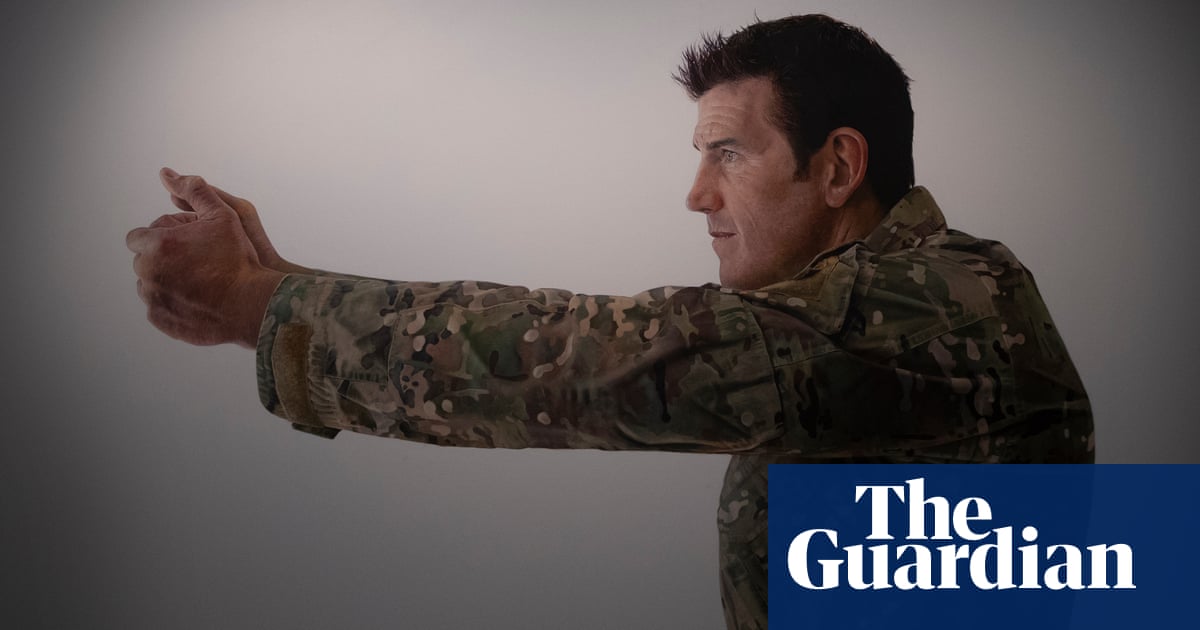Ben Roberts-Smith has lost his appeal against a defamation case ruling, with three justices of the federal court agreeing he was not defamed by Nine newspapers and journalists Nick McKenzie and Chris Masters when they published reports in 2018 which claimed he had committed war crimes.
The decision was handed down on Friday morning in Sydney and marks a key moment in a marathon legal battle that has spanned seven years.
The ruling upholds the decision of justice Anthony Basenko in 2023, who found that Roberts-Smith had, on the balance of probabilities, committed war crimes while deployed in Afghanistan.
The federal court decision affirms that claims made in news reports by McKenzie and Masters in 2018 that Roberts-Smith was responsible for the murder of four unarmed civilians when deployed in Afghanistan were substantially true.
Roberts-Smith, 46, is one of Australia’s most decorated soldiers. He was awarded Australia’s highest military honour, the Victoria Cross, in 2011, for single-handedly taking out machine-gun posts to protect pinned-down colleagues in Afghanistan. He has always denied the allegations against him.
He appealed Basenko’s ruling, and the appeal was heard in the federal court over 10 days in February 2024. More than a year later, the court handed down its ruling.
The decision means that only the high court can now overturn the findings he committed war crimes. It also opens the way for a potential criminal investigation by the Australian federal police and the Office of the Special Investigator.
The cost of the long-running legal proceedings are believed to exceed $25m. Now that Robert-Smith’s appeal has failed, he could be ordered by the court to pay these costs.
The court also refused Roberts-Smith’s application to reopen the appeal over a secret recording he claimed revealed an alleged miscarriage of justice.
Sign up toMorning Mail
Our Australian morning briefing breaks down the key stories of the day, telling you what’s happening and why it matters
after newsletter promotion
In a recording of a phone call between McKenzie and one of the witnesses in the trial, McKenzie can be heard telling her that Roberts-Smith’s ex-wife and her friend were “actively briefing us on his legal strategy” during the initial trial.
McKenzie has denied claims he obtained privileged information while investigating Roberts-Smith.
Additional reporting by Australian Associated Press
